| Origem | Literatura Estrangeira |
|---|---|
| Quantidade de Páginas | 300 |
| Acabamento | Capa Dura |
| Autores | Gregory Scott |
| Idioma | Inglês |
| Edição | 2 |
| Selo | ExistencePS |
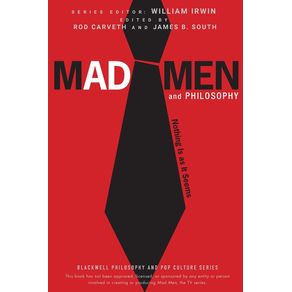 Mad Men and Philosophy
Mad Men and Philosophy
John Wiley & Sons
R$ 142,00 ou até 2x sem juros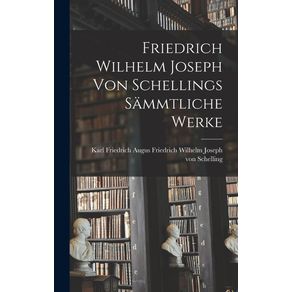 Friedrich Wilhelm Joseph von Schellings Sämmtliche Werke
Friedrich Wilhelm Joseph von Schellings Sämmtliche Werke
Legare Street Press
R$ 258,42 ou até 3x sem juros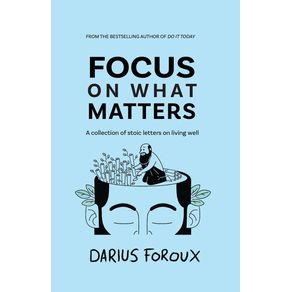 Focus on What Matters
Focus on What Matters
North Eagle Publishing
R$ 117,53 ou até 2x sem juros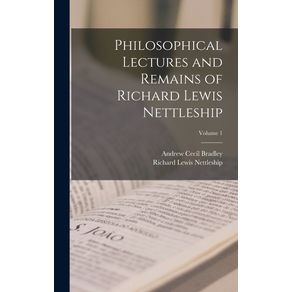 Philosophical Lectures and Remains of Richard Lewis Nettleship. Volume 1
Philosophical Lectures and Remains of Richard Lewis Nettleship. Volume 1
Legare Street Press
R$ 284,48 ou até 3x sem juros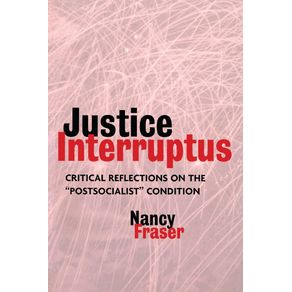 Justice Interruptus
Justice Interruptus
Taylor & Francis Ltd
R$ 564,95 ou até 3x sem juros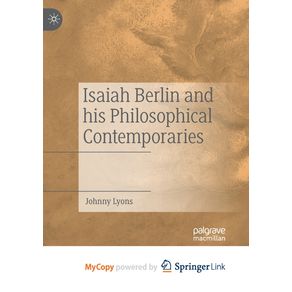 Isaiah Berlin and his Philosophical Contemporaries
Isaiah Berlin and his Philosophical Contemporaries
Springer Nature B.V.
R$ 335,22 ou até 3x sem juros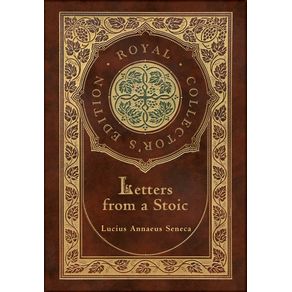 Letters from a Stoic (Complete) (Royal Collectors Edition) (Case Laminate Hardcover with Jacket)
Letters from a Stoic (Complete) (Royal Collectors Edition) (Case Laminate Hardcover with Jacket)
Engage Books
R$ 389,13 ou até 3x sem juros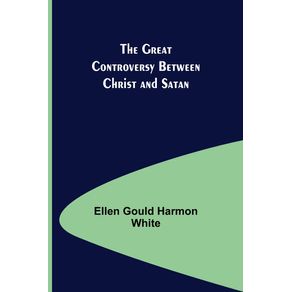 The Great Controversy Between Christ and Satan
The Great Controversy Between Christ and Satan
Alpha Editions
R$ 199,82 ou até 3x sem juros How to Live
How to Live
Sivers Inc
R$ 98,80 à vista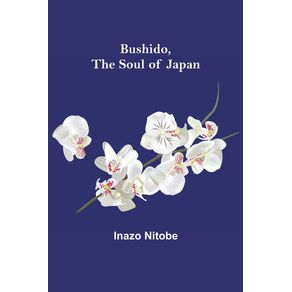 Bushido, the Soul of Japan
Bushido, the Soul of Japan
Alpha Editions
R$ 100,30 ou até 2x sem juros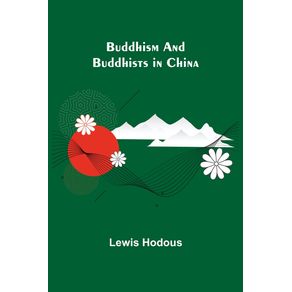 Buddhism and Buddhists in China
Buddhism and Buddhists in China
Alpha Editions
R$ 93,77 à vista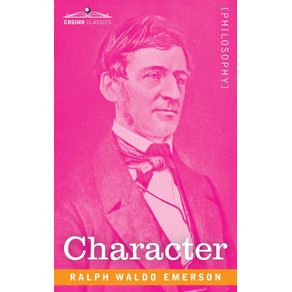 Character
Character
Cosimo
R$ 56,45 à vista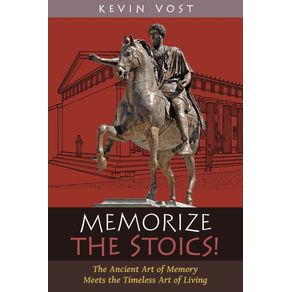 Memorize the Stoics!
Memorize the Stoics!
Angelico Press Ltd
R$ 163,67 ou até 3x sem juros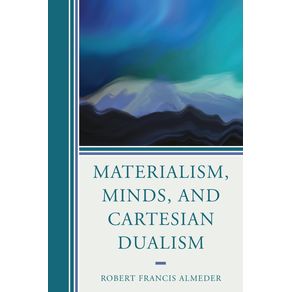 Materialism, Minds, and Cartesian Dualism
Materialism, Minds, and Cartesian Dualism
Rowman & Littlefield Publishing Group Inc
R$ 299,65 ou até 3x sem juros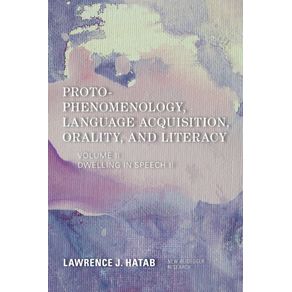 Proto-Phenomenology, Language Acquisition, Orality and Literacy
Proto-Phenomenology, Language Acquisition, Orality and Literacy
Rowman & Littlefield Publishing Group Inc
R$ 346,36 ou até 3x sem juros Hitler e Churchill
Hitler e Churchill
Companhia das Letras
R$ 99,90 à vista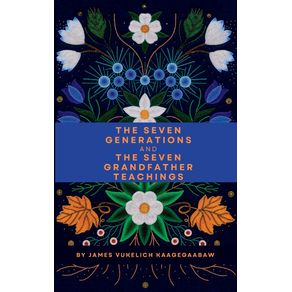 The Seven Generations and The Seven Grandfather Teachings
The Seven Generations and The Seven Grandfather Teachings
James Vukelich
R$ 112,85 ou até 2x sem juros Mad Men and Philosophy
Mad Men and Philosophy
John Wiley & Sons
R$ 142,00 ou até 2x sem juros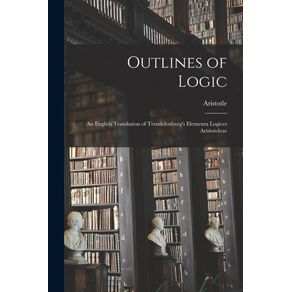 Outlines of Logic; an English Translation of Trendelenburgs Elementa Logices Aristoteleae
Outlines of Logic; an English Translation of Trendelenburgs Elementa Logices Aristoteleae
Legare Street Press
R$ 105,13 ou até 2x sem juros Friedrich Wilhelm Joseph von Schellings Sämmtliche Werke
Friedrich Wilhelm Joseph von Schellings Sämmtliche Werke
Legare Street Press
R$ 258,42 ou até 3x sem juros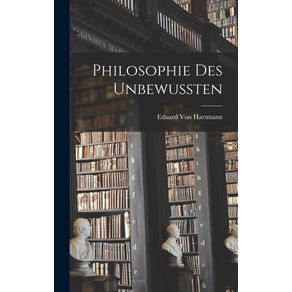 Philosophie des Unbewussten
Philosophie des Unbewussten
Legare Street Press
R$ 335,85 ou até 3x sem juros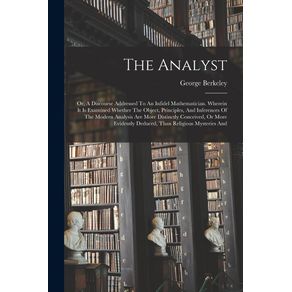 The Analyst
The Analyst
Legare Street Press
R$ 140,98 ou até 2x sem juros Justice Interruptus
Justice Interruptus
Taylor & Francis Ltd
R$ 564,95 ou até 3x sem juros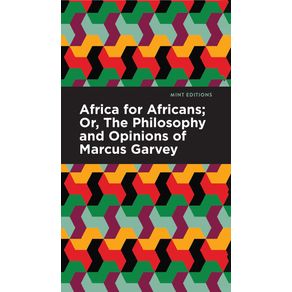 Africa for Africans
Africa for Africans
Mint Editions
R$ 189,05 ou até 3x sem juros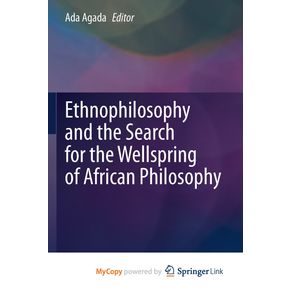 Ethnophilosophy and the Search for the Wellspring of African Philosophy
Ethnophilosophy and the Search for the Wellspring of African Philosophy
Springer Nature B.V.
R$ 337,20 ou até 3x sem juros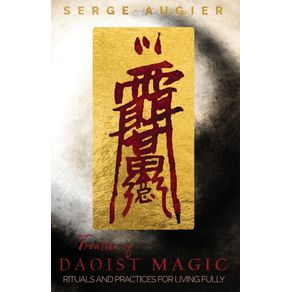 Treatise of Daoist Magic
Treatise of Daoist Magic
DAXUAN International
R$ 123,06 ou até 2x sem juros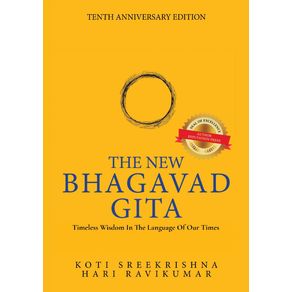 The New Bhagavad-Gita
The New Bhagavad-Gita
Author Reputation Press, LLC
R$ 141,15 ou até 2x sem juros Character
Character
Cosimo
R$ 56,45 à vista Memorize the Stoics!
Memorize the Stoics!
Angelico Press Ltd
R$ 163,67 ou até 3x sem juros Proto-Phenomenology, Language Acquisition, Orality and Literacy
Proto-Phenomenology, Language Acquisition, Orality and Literacy
Rowman & Littlefield Publishing Group Inc
R$ 346,36 ou até 3x sem juros A filosofia como atividade em Wittgenstein
A filosofia como atividade em Wittgenstein
KS OmniScriptum Publishing
R$ 359,28 ou até 3x sem juros Mad Men and Philosophy
Mad Men and Philosophy
John Wiley & Sons
R$ 142,00 ou até 2x sem juros Philosophie des Unbewussten
Philosophie des Unbewussten
Legare Street Press
R$ 335,85 ou até 3x sem juros The Analyst
The Analyst
Legare Street Press
R$ 140,98 ou até 2x sem juros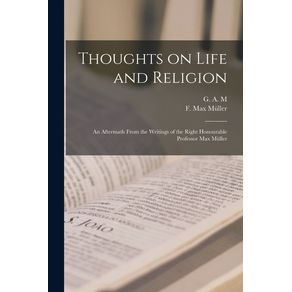 Thoughts on Life and Religion
Thoughts on Life and Religion
Legare Street Press
R$ 169,57 ou até 3x sem juros Africa for Africans
Africa for Africans
Mint Editions
R$ 189,05 ou até 3x sem juros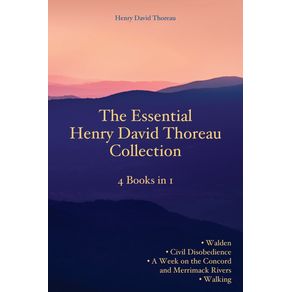 The Essential Henry David Thoreau Collection
The Essential Henry David Thoreau Collection
Filibooks ApS
R$ 159,20 ou até 3x sem juros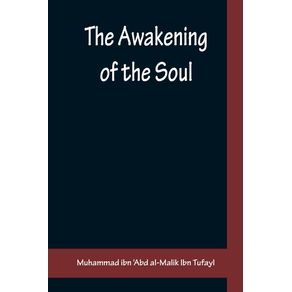 The Awakening of the Soul
The Awakening of the Soul
Alpha Editions
R$ 86,80 à vista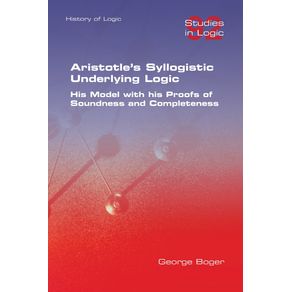 Aristotles Syllogistic Underlying Logic. His Model with his Proofs of Soundness and Completeness
Aristotles Syllogistic Underlying Logic. His Model with his Proofs of Soundness and Completeness
College Publications
R$ 177,95 ou até 3x sem juros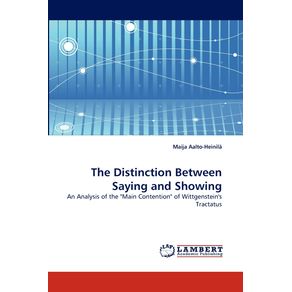 The Distinction Between Saying and Showing
The Distinction Between Saying and Showing
KS OmniScriptum Publishing
R$ 879,89 ou até 3x sem juros How to Live
How to Live
Sivers Inc
R$ 98,80 à vista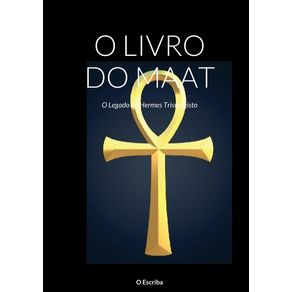 O LIVRO DO MAAT
O LIVRO DO MAAT
Lulu Press
R$ 390,09 ou até 3x sem juros Character
Character
Cosimo
R$ 56,45 à vista Memorize the Stoics!
Memorize the Stoics!
Angelico Press Ltd
R$ 163,67 ou até 3x sem juros Materialism, Minds, and Cartesian Dualism
Materialism, Minds, and Cartesian Dualism
Rowman & Littlefield Publishing Group Inc
R$ 299,65 ou até 3x sem juros